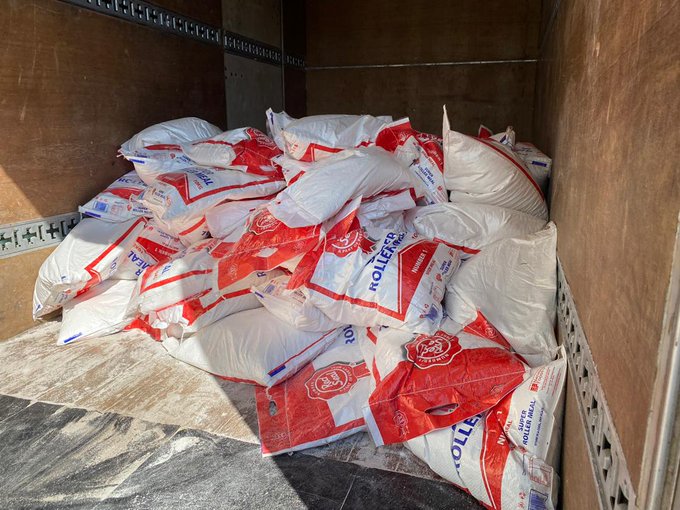By Habakkuk Trust
Community members in various parts of rural Matabeleland have called on the government to ensure that subsidized mealie meal reaches their communities as they face food insecurity and are in dire need of affordable commodities.

Access to subsidized mealie meal has been a source of conflict in most urban areas as citizens jostle to access this essential commodity. Citizens have also failed to adhere to lockdown regulations including staying at home, social distancing in mealie meal queues. The long winding mealie meal queues have prompted the government to introduce a door to door mealie meal system to prevent the spread of the novel coronavirus.
However, most stores in rural areas have not been receiving subsidized mealie meal and villagers are therefore forced to take the remainder of their savings to buy mealie meal at inflated prices.
Habakkuk Trust Community Advocacy Action Teams from various parts of Matabeleland have reported that their local shops have never had any deliveries of subsidized mealie meal resulting in villagers buying the staple food at exorbitant prices.
In most parts of Matobo, Bulilima, Mangwe, and Tsholotsho, a 10kg bag of mealie meal is R100, while prices in local currency range from $180 to $300 depending on shops and mealie meal brand. However, the mobile money price is quite high as most retailers prefer cash or foreign currency. In Matobo Ward 19, there is reportedly one retail store that normally receives subsidized mealie meal but most villagers only get the information after the mealie meal has been sold out.
Villagers in Matobo, Umzingwane, Bulilima, Bubi, Nkayi have called on the government and the Grain Millers Association to ensure that the already vulnerable rural communities also have access to subsidized basic commodities especially mealie meal.
A Gwanda Ward 1 Action Team member complained that most people are suffering as the food aid being distributed in the Ward is not enough for everyone.
She said, “Those who are not beneficiaries of food aid from social welfare or agencies are suffering as they have to buy expensive mealie meal.
Most rural communities have been plunged into vulnerability as a result of climate change-induced drought which saw little harvests. The bulk of villagers in the region depend on diaspora remittances and the closure of borders has reduced household income and thereby affecting the livelihoods of many.
Whilst the government, through the department of social welfare and some humanitarian organizations are providing basic commodities including mealie meal, maize, beans, cooking oil to the seemingly vulnerable; the food is not enough as the number of vulnerable populations has significantly increased during the lockdown period.
Habakkuk Trust, therefore, urges government and grain millers to ensure that subsidized mealie meal also reaches vulnerable communities.






